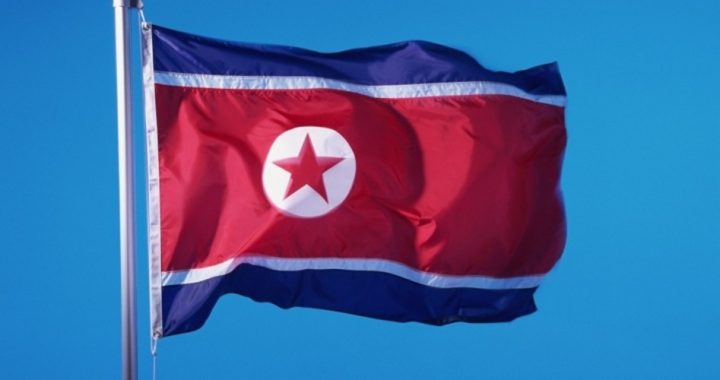
One of South Korea’s largest newspapers has reported that North Korea executed around 80 people in early November, some for such prohibited activities as viewing South Korean television shows and possessing Bibles. According to South Korea’s daily JoongAng newspaper, the coordinated executions occurred in seven North Korean cities, with an estimated ten people killed at each locale.
An unidentified source reported that officials in the port city of Wonsan, on North Korea’s eastern coast, gathered more than ten thousand residents into a local stadium and forced them to watch the firing squad executions. The source, who reportedly is familiar with North Korean internal affairs, said victims were lashed to poles, hooded, and then mowed down with machine gun fire. “I heard from the residents that they watched in terror as the corpses were so riddled by machine-gun fire that they were hard to identify afterwards,” the source told the newspaper.
“The Wonsan victims were mostly charged with watching or illegally trafficking South Korean videos, being involved in prostitution, or being in possession of a Bible,” reported the JoongAng newspaper. “Accomplices or relatives of the executed people who were implicated in their alleged crimes were sent to prison camps. The reason for the executions wasn’t immediately clear. They seem to have occurred in cities that are centers of economic development, according to a government official.”
While the newspaper cited only one source, other Korean news agencies appeared to corroborate the executions.
Those with knowledge of North Korea’s inner workings speculated the executions were intended to intimidate workers who may be tempted by Western influence. One North Korean defector told Agence France-Presse that “the regime is obviously afraid of potential changes in people’s mind-sets and is preemptively trying to scare people off.”
The Los Angeles Times noted that if the mass executions were confirmed, they would represent “the most brutal step known to have been taken by the country’s 30-year-old leader, Kim Jong Un, who came to power two years ago after the death of his father, Kim Jong Il.”
In August it was reported that Kim had ordered the executions of up to a dozen members of two North Korean musical groups, including a former girlfriend. The groups had allegedly filmed homemade pornography in hopes of selling it to make money. Kim’s wife had reportedly been a member of one of the groups, and, according to the Los Angeles Times, a South Korean official had been told by officials in the North that an investigation into the executions of the musicians “suggested Kim’s wife had been involved in similar prohibited activities. The source suggested that the entertainers were executed to prevent disparaging accounts from circulating about the first lady’s behavior.”
The JoongAng daily newspaper noted that no executions occurred in the North Korean capital of Pyongyang, “where Kim relies on the support of the country’s elite class. He continues to build luxury and recreational facilities in the capital, such as a new water park.” A North Korean defector and analyst at the World North Korea Research Center was quoted by the paper as speculating that “it is the beginning of the Kim Jong-Un-style of governance, buying the favor of the privileged class of North Korea in Pyongyang.”
Commenting on the Kim Jong Un regime, Suzanne Scholte of human rights group Defense Forum Foundation told the Christian Post that the recent executions “are a reflection of two things at work. First, unlike his father, Kim Jong-Il, Kim Jong Un has had to work aggressively to consolidate power once his father died. Remember that Kim Il Song had prepared for the transition to his son, Kim Jong-Il and he was already in major leadership roles when Kim Il Song died.”
She added that the coordinated violence is also reflective “of a regime that is increasingly fearful of its own people and has to send a powerful, brutal message by doing high profile public executions.”



